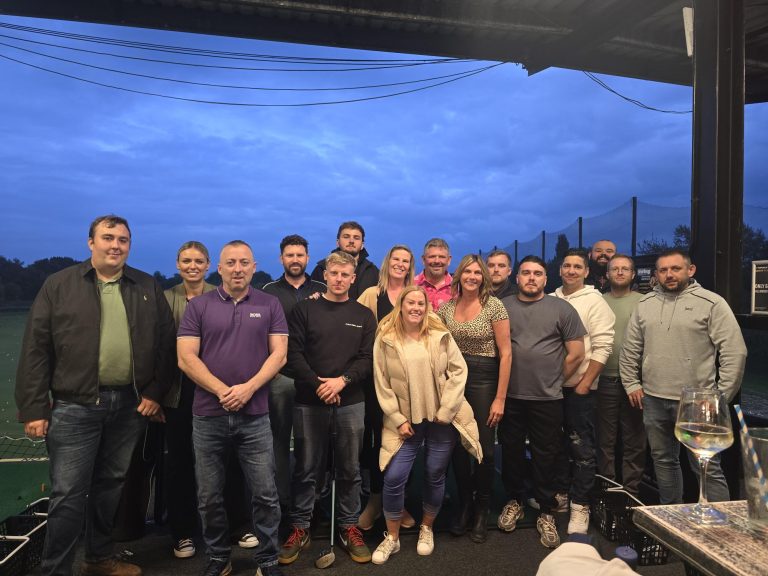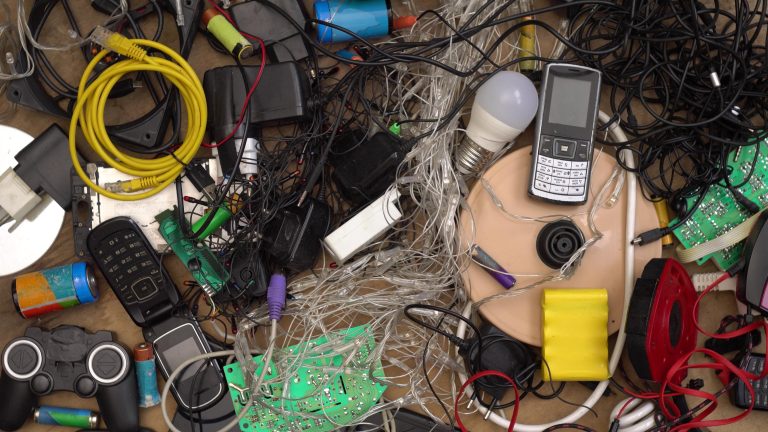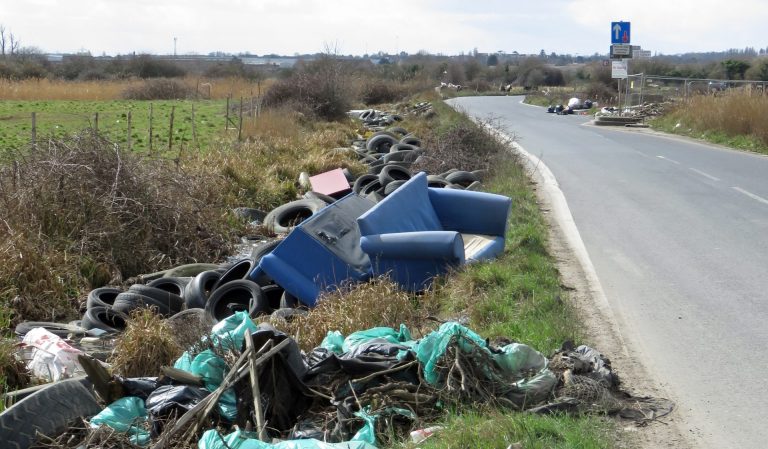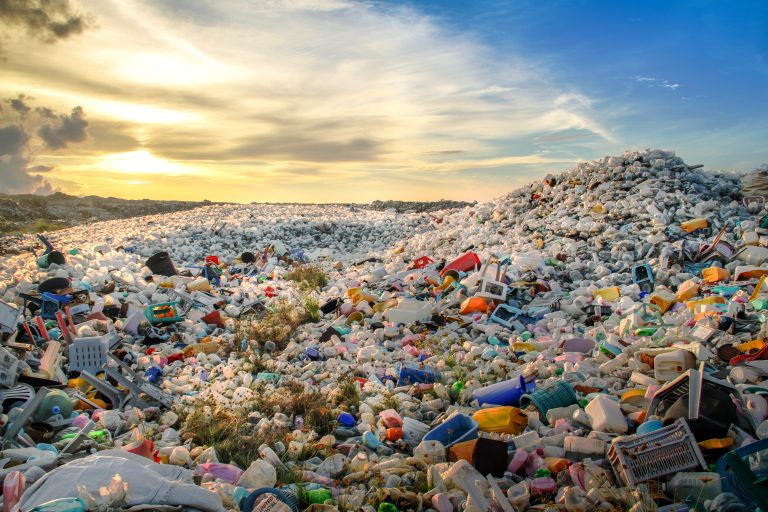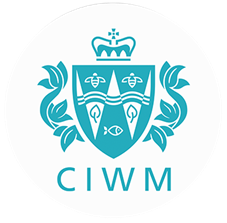Recycling isn’t merely a modern environmental movement, but a practice deeply embedded in human history, shaped by necessity, innovation and environmental consciousness. At Evolve Waste Solutions, we believe understanding this rich history helps contextualise our current efforts and future direction in sustainable waste management.
Ancient Beginnings
Long before the term “recycling” entered our vocabulary, ancient civilisations practiced resource conservation out of necessity. Archaeological evidence shows that around 400 BCE, Athens implemented one of the first municipal dumps where waste was required to be disposed of at least a mile from city walls. Items like broken pottery and metal scraps were commonly melted down and reformed into new products.
The Romans were particularly adept at material reuse. Bronze coins were melted to create statues, while broken pottery was crushed and mixed with lime to form concrete for buildings – many of which still stand today.
Pre-Industrial Practices
Throughout medieval times and into the pre-industrial era, recycling remained economically practical. Metal items were highly valued and routinely melted down for reuse. Clothing passed through many owners and was eventually processed into paper. Even dust and ash from wood fires were collected and used as base material in brick making.
In colonial America, Paul Revere advertised for scrap metal to use in his foundry. During this period, peddlers travelled from town to town, collecting recyclable materials from households in exchange for goods.
Industrial Revolution and Early 20th Century
The Industrial Revolution dramatically changed our relationship with materials and waste. Mass production led to greater availability of goods and consequently, more waste. However, recycling continued to play important roles, especially during wartime.
During World Wars I and II, national campaigns encouraged citizens to donate metals, rubber, paper and other materials to support the war effort. These programs demonstrated large-scale recycling’s potential, with slogans like “Get in the scrap!” rallying public participation.
The Modern Environmental Movement
The contemporary recycling movement gained momentum in the 1960s and 1970s alongside growing environmental awareness. The first Earth Day in 1970 marked a turning point, raising public consciousness about environmental issues including waste management.
The creation of the recycling symbol in 1970 by Gary Anderson gave the movement a simple, recognisable icon. The same decade saw the introduction of the first recycling centres and curb side collection programs.
Technological Advances and Current Practices
The late 20th century brought significant technological advances in recycling processing. Materials Recovery Facilities (MRFs) evolved to efficiently sort mixed recyclables using optical sorters, magnets, eddy currents and artificial intelligence.
Today’s recycling encompasses a broad range of materials including paper, metals, glass, plastics, electronics, textiles and organic waste. Single-stream recycling has made the process more convenient for consumers, though it presents challenges for processing centres.
Challenges and Future Directions
Despite tremendous progress, the recycling industry faces challenges including contamination issues, market fluctuations for recycled materials and the need for improved infrastructure. The global plastic pollution crisis highlights the limitations of our current systems.
The future of recycling lies in adopting circular economy principles, designing products for durability, reusability and eventual recycling. Advanced technologies like chemical recycling for plastics and AI-powered sorting systems offer promising solutions.
Our Commitment at Evolve Waste Solutions
At Evolve Waste Solutions, we honour this rich history while embracing innovation to create more effective waste management systems. We recognise that effective recycling isn’t just about processing materials, it’s about rethinking our relationship with resources and waste at every level.
By understanding where we’ve been, we can better navigate where we’re going.
As we move forward into an increasingly resource-constrained world, the lessons from recycling’s past will be more relevant than ever. Through education, innovation and commitment to sustainability, we can build on this legacy to create a cleaner, more circular future.


